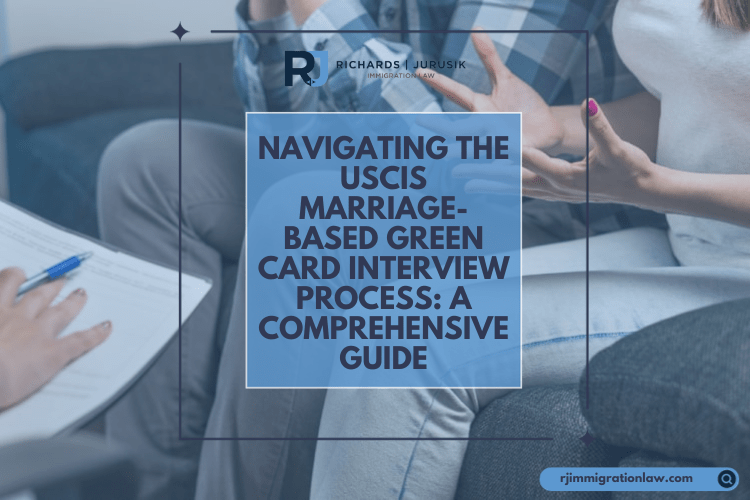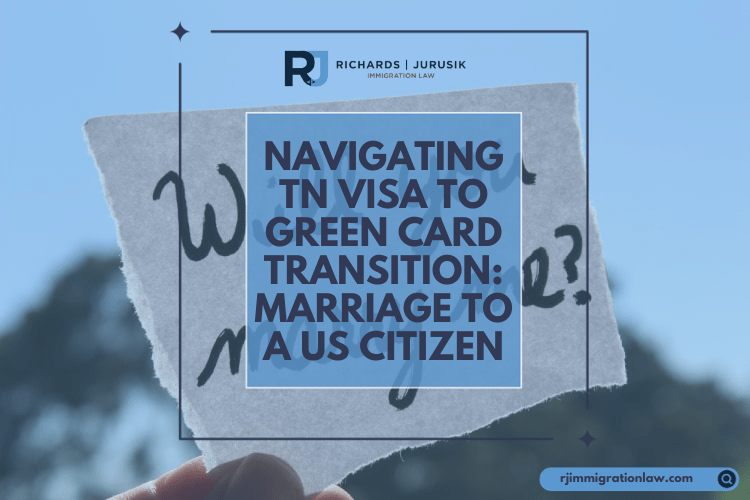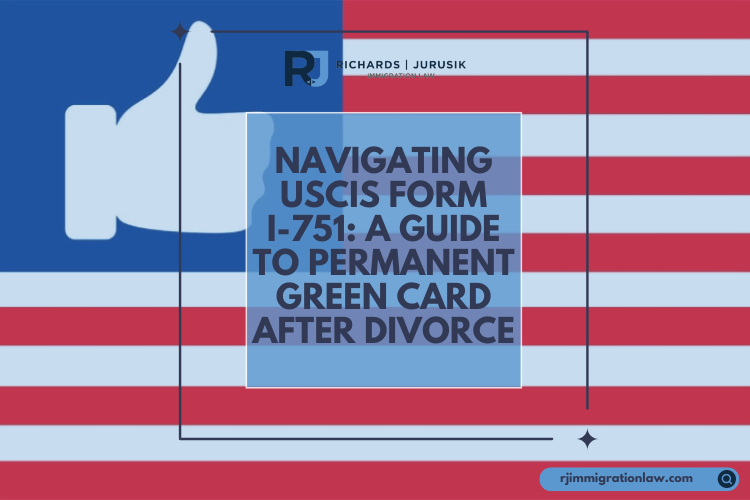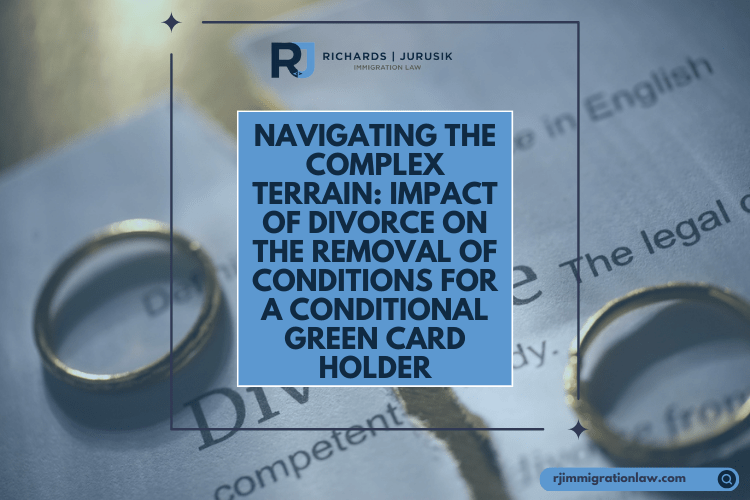When pursuing a green card through adjustment of status for a spouse within the United States, the pivotal last step is the in-person interview with a USCIS officer. This interview serves the essential purpose of verifying the authenticity of the marriage – ensuring it is based on genuine love rather than merely for obtaining a green card. In this comprehensive guide, we delve into the nuances of the marriage-based green card interview, providing insights into the timing, required documents, and expected questions.
When Will the USCIS Interview Occur?
The USCIS marriage interview is scheduled as the final stage once biometrics are completed, and all necessary evidence is in place. The timeline varies, ranging from a few months to over a year, contingent on the local service center’s workload.
What to Bring to Your Green Card Interview:
Upon receiving the USCIS Form I-797 Appointment Notice, prepare for the interview by assembling essential documents, including a valid government-issued photo ID, completed medical examination (Form I-693), Affidavit(s) of Support (Form I-864), and more. A detailed checklist is provided in the notice to ensure a smooth process.
Expected USCIS Marriage Interview Questions:
While there isn’t a predetermined set of questions, USCIS officers aim to assess the legitimacy of the marriage. Anticipate inquiries about how the relationship evolved, wedding details, and familial connections. Questions may include:
- How did you meet your spouse?
- Describe the development of your relationship.
- Who proposed, and how was it done?
- Wedding details: attendees, celebration, and honeymoon.
- Familiarity with each other’s families.
USCIS Marriage Interview Tips:
To navigate the interview successfully, keep these tips in mind:
- Respond truthfully; avoid fabricating answers.
- If unsure, admit not knowing or remembering specific details.
- Politely request clarification if a question is unclear.
- Act naturally; don’t feel compelled to exaggerate affection.
- Only answer questions directed at you; allow your spouse to respond independently.
Potential Separation During the Interview:
In some instances, USCIS may conduct a “Stokes Interview,” where spouses are separated to validate consistency in responses. Questions about daily routines, shared responsibilities, and lifestyle serve to confirm the authenticity of the marital relationship.
Navigating the USCIS marriage-based green card interview can be complex, but with thorough preparation and adherence to these guidelines, applicants can approach the process with confidence. Remember, honesty and transparency are key to a successful outcome.
Family-based ImmigrationGreen Cards for Spouses
Additional Outside Resources
- USCIS: Form I-485 Adjustment of Status
- USCIS: Form I-130 Petition for a Spouse
- USCIS: Interview Guidelines
Subscribe to Our Resources Blog
Schedule a Consultation with an Immigration Lawyer
We Can Help!
You may have questions regarding U.S. immigration laws and visas. We invite you to reach out to our team at Richards and Jurusik for detailed guidance and assistance. Our goal is to provide you with the most accurate and up-to-date information to make your immigration process smoother and less stressful. The immigration lawyers at Richards and Jurusik have decades of experience helping people to work and live in the United States. Read some of our hundreds of 5-star client reviews! Contact us today for an assessment of your legal situation.







